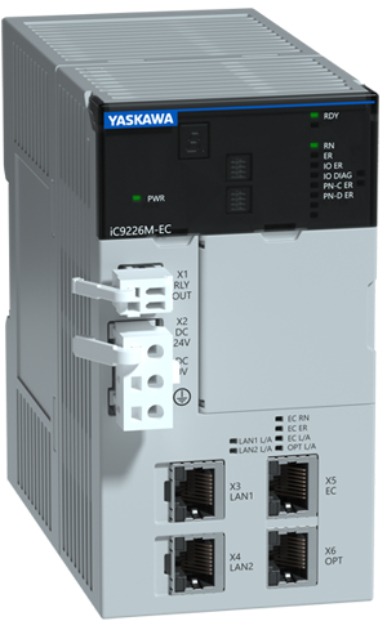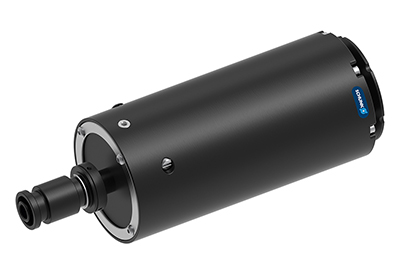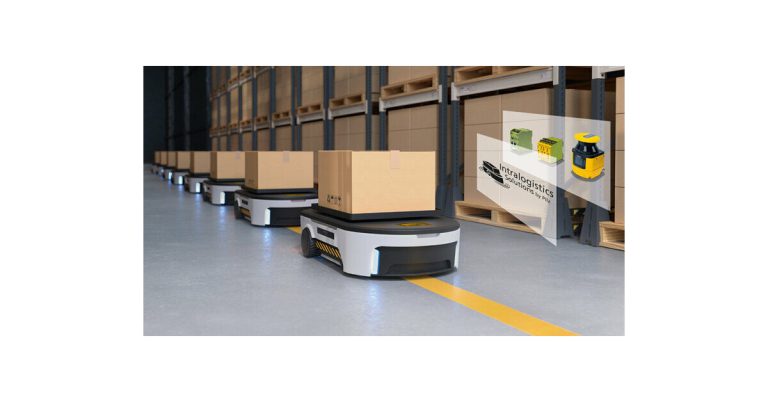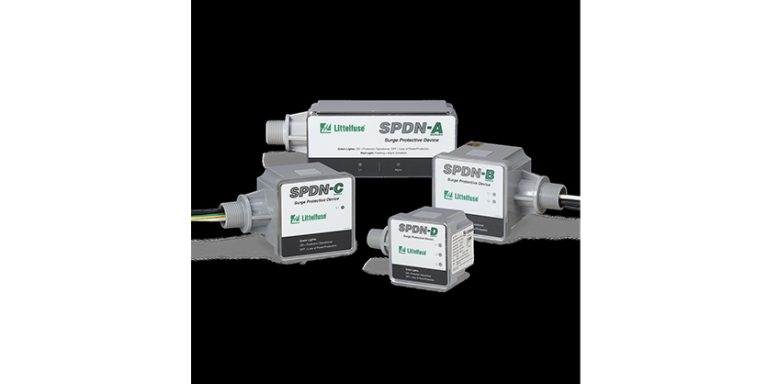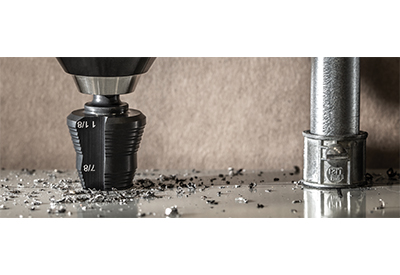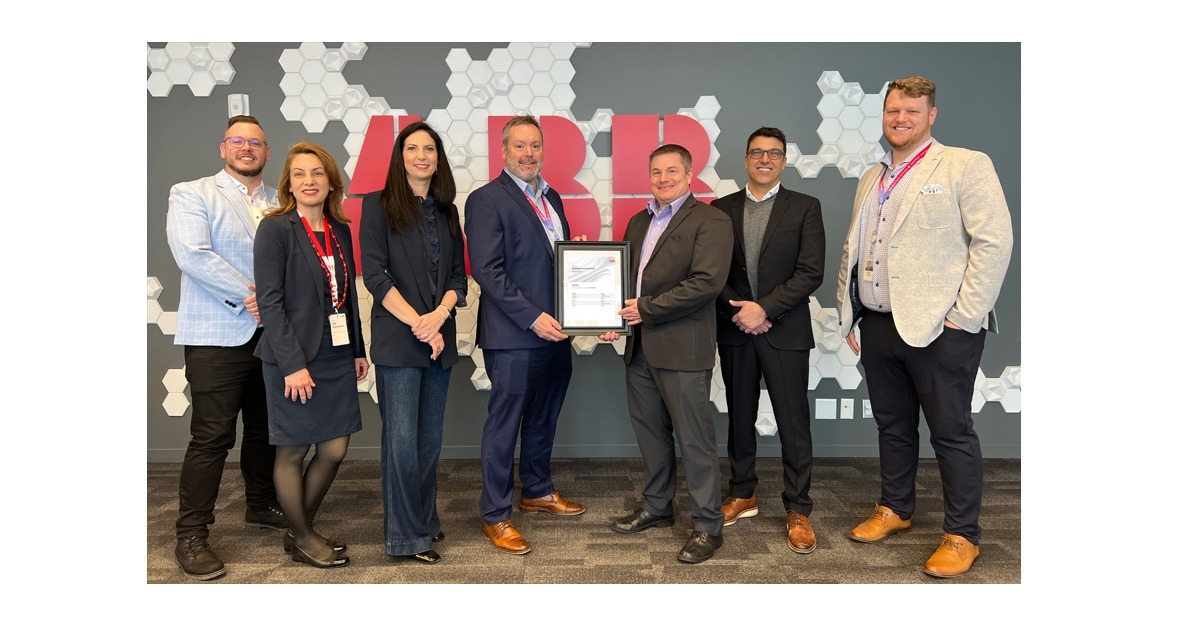ABB Robotics Advances Construction Industry Automation to Enable Safer and Sustainable Building
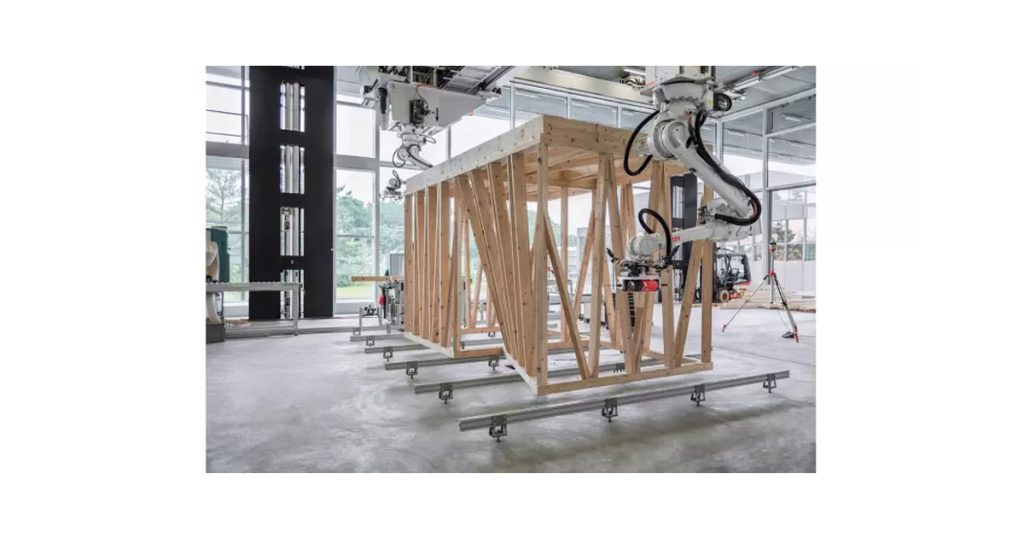
July 25, 2024
9 out of 10 construction businesses predict a skills crisis by 2030, with 81 percent saying they will introduce robots in the next 10 years, while safety and the environment both catalysts for accelerating investment in robotics.
ABB Robotics is driving automation in the construction industry with new robotic automation solutions to address key challenges, including the need for more affordable and environmentally friendly housing and to reduce the environmental impact of construction, amidst a labor and skills shortage.
Robotic automation offers huge potential to enhance productivity, efficiency and manufacturing flexibility throughout the construction industry, including automating the fabrication of modular homes and building components off-site, robotic welding and material handling on building sites and robot 3D printing of houses and customized structures. As well as making the industry safer and more cost effective, robots are improving sustainability and reducing environmental impact by enhancing quality and cutting waste.
“With so few construction businesses using automation today, there’s huge potential for us to transform the industry through robotics. Unlike building cars or assembling electronics, many techniques used in construction haven’t changed for generations, so we are developing new solutions to address key industry challenges,” said Sami Atiya, President of ABB’s Robotics & Discrete Automation Business Area. “This new customer segment will broaden our portfolio as part of a wider strategy to accelerate expansion in high-growth segments including electronics, healthcare, consumer goods, logistics and food and beverage, to meet the growing demand for automation across multiple industries.”
In a global survey1 commissioned by ABB of 1,900 large and small construction businesses in Europe, the US and China, 91 percent said they face a skills crisis over the next 10 years, with 44 percent saying they struggle to recruit for construction jobs. Improving health and safety on building sites was a priority for 42 percent and the same percentage said the environment is a key driver for industry change.
81 percent of construction businesses said they will introduce or increase the use of robotics and automation in the next decade, while today only a handful of businesses benefit from robotics. In the survey, only 55 percent of construction companies say they use robots, compared with 84 percent in Automotive and 79 percent in Manufacturing.
Industry forecasts for the total value of the global construction industry predict it will rise by 85 percent to $15.5 trillion worldwide by 20302, while ABB Robotics’ internal analysis of the market potential for robotic automation over the next 10 years is for high double digit growth rate in key sectors of construction including pre-fabrication and 3D printing.
Robots enabling a new approach
With the industry facing increased environmental regulation and the need for more cost-effective buildings, robotic automation reduces waste by improving quality and consistency, which is significant when it’s estimated that up to a quarter of material transported to a building site leaves as waste3. With automation and digital solutions, builders can also design waste out at the beginning of a project through effective building design and construction processes.
With more than 200,000 vacancies for low and high-skilled workers in the EU alone in Q2 20204, the industry labor shortage is a growing issue, with younger people put off construction careers by perceptions that it is a dangerous occupation. Construction workers account for around 30 percent of workplace injuries and are up to four times more likely to be involved in a fatal accident vs. other sectors, with an estimated 108,000 fatalities every year worldwide5.
Robots can make construction safer by handling large and heavy loads, working in unsafe spaces and enabling new, safer methods of construction. Using robots for the repetitive and dangerous tasks that people increasingly don’t want to do means automation can help support the industry’s labor and skills crisis and make construction careers more appealing to young people.
“A new focus on health, safety and sustainability are catalysts for investment in robotics, while the shrinking pool of skilled labor means the construction industry needs robots to help keep pace with the challenges of urbanization and climate change,” added Atiya. “We are putting our expertise and industry-leading portfolio of robots and digital tools at the center of the construction industry value chain with automation solutions for faster, more affordable and sustainable construction, while supporting the industry’s labor shortage, by handling large and heavy loads, accessing dangerous spaces and enabling new, safer ways of building.”
Innovation already in use
Designed to improve flexibility, productivity and quality, pilot projects include the automated assembly of walls, floors, and ceilings for multi-story, multi-unit affordable housing with Autovol in the US, the robotic installation of elevators with Schindler Lifts and the robotic automation of Intelligent City’s production of prefabricated modular homes, which has increased production efficiency by 15 percent and speed by 38 percent, while reducing waste by 30 percent.
Skanska’s robot welding application has improved quality, employee productivity and safety by automating the fabrication of steel reinforcement baskets on-site. This solution has also reduced the cost and environmental impact of transporting bulky finished reinforcement baskets to building sites.
“It is increasingly challenging to find people to carry out difficult, time-consuming tasks, which means we must look further afield to find the workers we need,” said Ulf Håkansson, Technical Director for Skanska Construction. “Allocating these tasks to robots can address this, enabling us to deploy our workers more effectively. Automation also suits the experience and imagination of the next generation of engineers, who have grown up with technology and will be invaluable in helping us find new ways to use robots in our business.”
ABB is also working with several leading universities to co-develop new automated construction technologies including ETH Zurich, a leading research university in Switzerland. At ETH, ABB is supporting research in the field of robotics fabrication in architecture and construction and has helped establish the world’s first laboratory for collaborative robotic digital fabrication in architecture, hosted at the ETH’s Institute of Technology in Architecture.
Recenty, the latest large scale ABB robotics 3D printing technology for the construction industry was showcased by the Austrian architectural bureau MAEID at the 17th International Architecture – La Biennale di Venezia, to inspire architects about the possibilities of automation and 3D printing, driving innovation and enabling new ways of building.
1ABB Construction Industry Survey May 2021. Conducted by 3Gem Global Market Research & Insights, the ABB construction industry survey of 1900 CEO or Managing Director decision-makers in large and small businesses including residential and commercial construction, component suppliers, contractors and subcontractors, architects and designs and consultants in the USA, Canada, China, UK, Germany, Austria, Switzerland, Sweden, France & Italy. Conducted April 22, 2021 – May 12, 2021, 3Gem Research & Insights utilize industry-standard panel management systems and adhere to stringent quality control procedures; delivering double opt-in, GDPR-compliant consumer and B2B panels.
2 The Global Construction 2030 report (link)
3 WRAP (link)
4 EU (link)
5 International Labor Organization 2015 (link)

